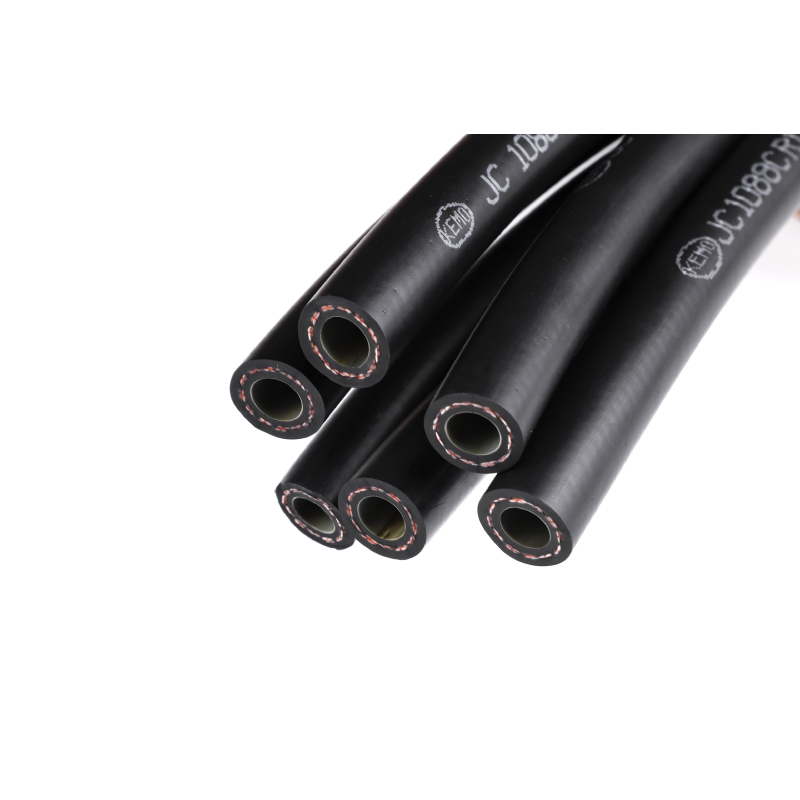Comprehensive Guide to Fuel Line Types
Sep . 11, 2024 00:54 Back to list
Comprehensive Guide to Fuel Line Types
Understanding Fuel Line Types A Comprehensive Overview
Fuel lines are critical components in any fuel delivery system, whether in vehicles, machinery, or equipment. They are designed to transport fuel from the tank to the engine efficiently and safely. Choosing the correct type of fuel line is essential to ensure optimal performance and prevent leaks or other hazards. In this article, we will explore the various types of fuel lines, their materials, and their specific applications.
Types of Fuel Lines
1. Rubber Fuel Lines Rubber is one of the most common materials used for fuel lines due to its flexibility and resistance to various fuel types. Standard rubber fuel lines are suitable for gasoline and diesel and can withstand a reasonable range of temperatures. However, they may degrade over time, particularly when exposed to certain chemicals or prolonged heat.
2. Plastic Fuel Lines Plastic fuel lines, often made from nylon or polyethylene, are lightweight and resistant to corrosion. They are typically used in newer models of vehicles or machinery where weight reduction is a priority. While they can be more chemically resistant than rubber lines, they may not be suitable for high-temperature applications.
3. Metal Fuel Lines Metal fuel lines, primarily made from steel or aluminum, offer durability and resistance to damage from environmental factors. Steel lines are often coated to prevent rust, making them ideal for long-term applications. Although metal lines are less flexible than rubber or plastic, they can handle high-pressure fuel systems and are commonly found in performance vehicles and industrial machinery.
4. Composite Fuel Lines These lines are made from a combination of materials to leverage the benefits of each. Composite fuel lines can provide lightweight, flexible, and chemically resistant properties. They are increasingly used in modern vehicles, especially in applications requiring high performance and reduced fuel weight.
Considerations for Choosing Fuel Lines
fuel line types

When selecting fuel lines, several factors should be taken into account
- Fuel Type Different fuels can react differently with various materials. Ensure the line is compatible with the specific fuel type it will carry.
- Temperature and Pressure Fuel lines must be chosen based on the temperature and pressure conditions they will encounter. Lines that cannot withstand the pressure might burst, leading to possible leaks or failures.
- Application The intended use of the fuel line is crucial. For instance, off-road vehicles may require more durable heat-resistant lines, while residential equipment may be more forgiving.
- Regulatory Compliance Check if there are specific regulations or standards that the fuel lines must meet, particularly for certain industries, such as aviation or marine applications.
Conclusion
In summary, fuel lines are vital for transporting fuel safely and efficiently, and choosing the right type is essential for the performance and longevity of a vehicle or machinery. Whether opting for rubber, plastic, metal, or composite lines, understanding the specific requirements and characteristics of each type will help ensure that your fuel delivery system functions without a hitch. Always consult with a professional or refer to manufacturer specifications when selecting fuel lines to make an informed decision. Proper maintenance and timely replacement of worn-out fuel lines are equally critical to avoid potential hazards related to fuel leaks or failures.
